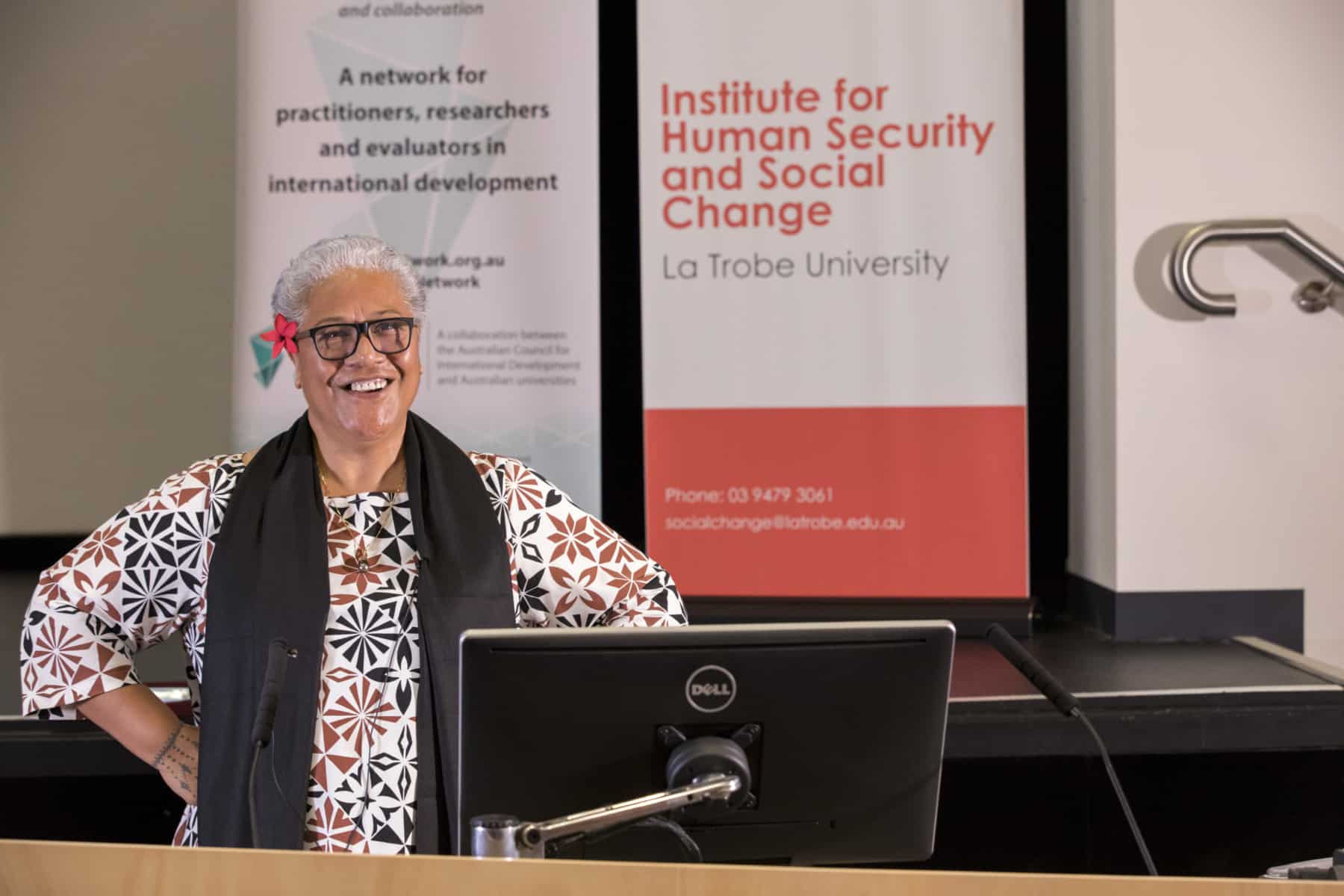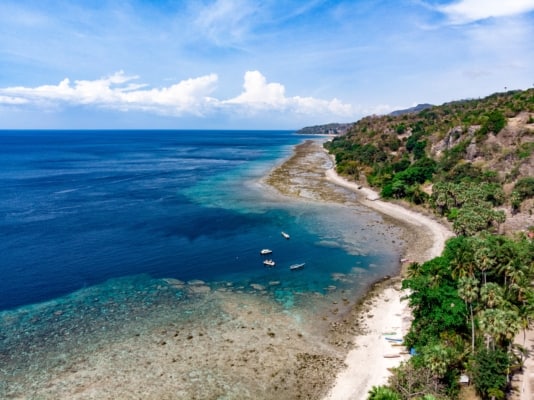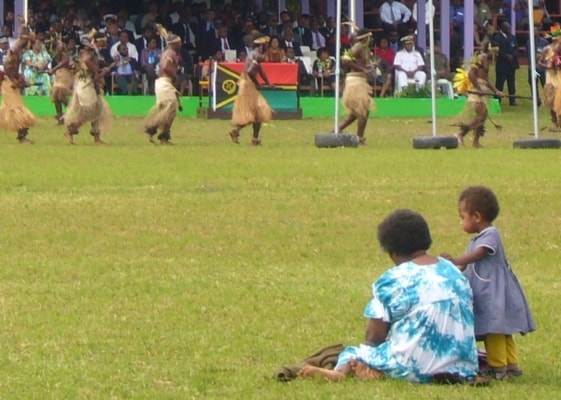We often hear the expression ‘political capital’ in informal conversations within the international development community, particularly among those influenced by the principles of ‘Thinking and Working Politically’. It makes sense to talk of how we and other actors build up political capital or are reluctant to spend it too liberally. This is perhaps especially so when it comes to weighing up whether or not to intervene when solving someone else’s problem.
In thinking about insights we draw from the rich qualitative material collected for the Being the First research (Spark, Cox and Corbett 2018), we began to consider how the three successful women politicians we studied accrue various forms of social and cultural capital and convert it into political capital. Male politicians have better access to financial capital than women but also mobilise privileges from other domains of life as they develop pathways for political advancement.
In our recent Third World Quarterly article we apply Pierre Bourdieu’s well-known theory of the different forms of capital as a lens through which to assess these successful politicians’ strategies. Bourdieu posited that three basic forms of capital (financial, social and cultural) operate in social fields such as politics (Bourdieu 1986). When any of these forms of capital are socially legitimated or recognised, they become ‘symbolic capital’. Fields such as politics may be patriarchal and resistant to change, but they are not fixed and so the ‘rules of the game’ can be utilised by some women to deploy existing capital to their political advantage.
Specifically, our paper outlines how elite women convert symbolic capital from other fields into political capital. Examples include the high traditional chiefly title Fiame held by Samoa’s long-serving Deputy Prime Minister, Naomi Mata’afa; Dame Carol Kidu’s family connections through her husband and her reputation for working hard for her constituency and the nation of Papua New Guinea; and President Hilda Heine’s career and qualifications in education (she is the first Marshallese to earn a doctorate in education). Our findings flesh out the insight that women generally are required to combine high levels of symbolic capital across fields if they are to be taken seriously in the political arena. The focus of the paper is on three elite women, however by examining their careers through the lens of symbolic capital, we seek to open up a deeper consideration of the kinds of social and cultural resources that women have access to; and that they may accrue and deploy as political capital.
We are particularly excited about the ways in which these ideas are being taken up by leaders in the Pacific and beyond. For instance, since publishing the paper, we have learned about female and male leaders working together in Vanuatu who are drawing on the paper and the ‘rules of thumb’ we identify in our Being the First report to strategise in pursuit of leadership for inclusive development. Such exploration is going beyond ‘elite’ and established leaders too. In the Northern Pacific, for example, we have discovered there are ‘7 women in 7 islands’ who, through their collaboration with the East West Centre, are conducting interviews with local women leaders to see whether they too are employing these strategies to develop their standing and connections in their communities. There are also ripples beyond the Pacific – as exemplified in a recent conversation with a PhD student from Ghana who contacted us to say she is drawing on the strategies to understand the campaigns of women elected to national politics in Ghana.
All this suggests a variety of possible directions for future research – some of which we hope to explore with others at a forthcoming roundtable on 19th September in London.
Donors and other would-be reformers often focus on changing formal institutional structures. Our emphasis on how various forms of symbolic capital can be mobilised in the political field indicates instead that informal institutions are central to the ‘game’ of politics. Perhaps then – and as we argue in our research – those wishing to support women’s political representation would benefit from paying more attention to the long-term work of building up women’s symbolic capital. Investments in education, support of women’s NGOs, and assistance in reframing debates and building coalitions for change, while long-term, would certainly seem worthwhile.
For the full article click here.











